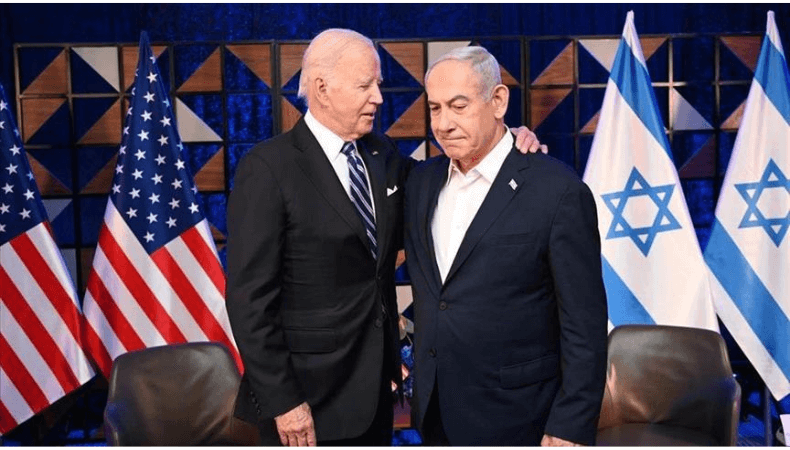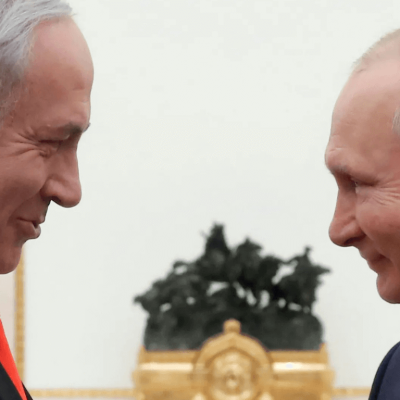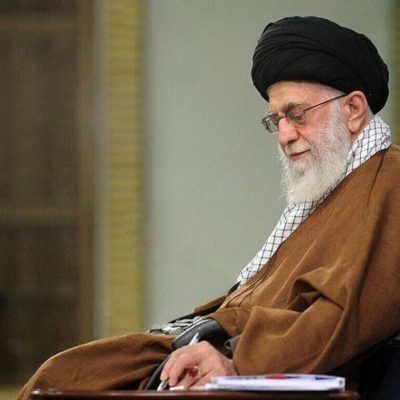Biden, Netanyahu, and Anti-American Sentiment: Tracing the Pathways

The ongoing conflict in Gaza has triggered a resurgence of anti-American sentiment in the Arab world, with the U.S.’s steadfast support for Israel’s actions drawing parallels to historical events. As the Arab street echoes comparisons with the U.S. invasion of Iraq in 2003, the image of the “ugly American” has reemerged, with President Joe Biden becoming a focal point of discontent.
What are the roots of the “Ugly American” Stereotype?
The term “ugly American” traces its origins to the 1968 novel by Eugene Burdick and William Lederer. Initially describing America’s failed endeavors in Southeast Asia, it has evolved to depict an American abroad perceived as loud, pretentious, or arrogant. The resonance of this stereotype has intensified as Biden’s administration aligns with the hardline government of Benjamin Netanyahu.
Biden and Netanyahu: Reviving Negative Perceptions
Benjamin Netanyahu’s rise to power in 1996 marked the beginning of a narrative aimed at portraying Arabs and Muslims as a rising enemy—a replacement for the Soviet Union post-1991. With the U.S. increasing its intervention in the Middle East after the Soviet Union’s downfall, the negative perception of the “ugly American” has been amplified.
Impact of Biden’s Pro-Israel Stance
Biden’s aggressive pro-Israel policy in the Middle East has further fueled anti-American sentiments, drawing parallels with the era of George W. Bush. Biden’s explicit identification as a “Zionist” and his repeated emphasis on the necessity of Israel contribute to the caricature of an “ugly American,” replicating past stereotypes.
Media Portrayal: Right-Wing America and Capitalist Dominance
Arab media now characterizes Biden’s America as a right-wing country and a capitalist empire seeking global dominance. The administration’s consistent veto of U.N. Security Council resolutions related to Israel has led to mockingly referring to the United Nations as the “United Nations of America.”
Shifting Arab Perspectives: From Praise to Criticism
The once-positive view of American life among Egyptians has dwindled, reflecting a broader sentiment that is unlikely to change without positive and constructive initiatives addressing the Israeli-Palestinian conflict. Biden, Trump, or Bush, when mentioned in conversations with Arabs, often elicits denunciations as the “ugly” Americans.
Looking Eastward: Advocacy for a Multipolar World
Many Arab intellectuals advocate for Arab states to look eastward, proposing a shift to a multipolar world not dominated by the U.S. However, the U.S. has been striving to keep the Middle East out of the orbit of Asia and further empower Israel’s military and economic capabilities.
A Familiar Path: Parallels with U.S. Policy in Southeast Asia
American foreign policy in the Middle East under the Biden administration mirrors the pitfalls of older U.S. policy in Southeast Asia. The intensified anger toward America today surpasses that observed during the younger Bush’s rule and following the September 11, 2001, terrorist attacks and the U.S. invasions of Afghanistan and Iraq.
Criticism toward America should impel Middle East policymakers to resolve conflicts and establish an independent Palestinian state based on the 1967 boundaries. Only then can the negative image of the “ugly American” begin to evaporate from the social fabric of Arab culture.




